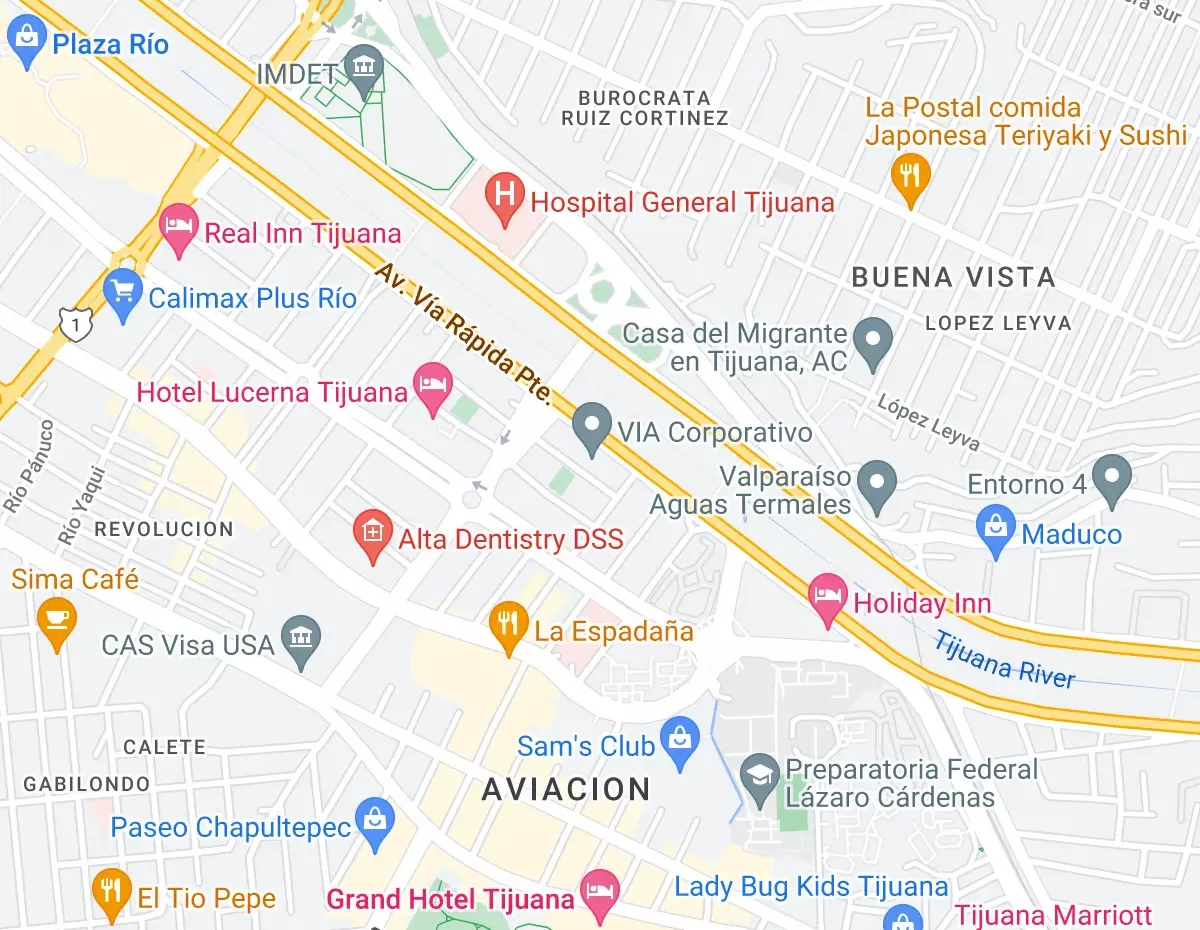You've probably heard of mainstream treatments for PTSD, but have you considered the potential of ibogaine therapy? It's a unique method that's been gaining attention for its effectiveness in addressing PTSD symptoms. However, with new treatments come new questions and concerns. Is it safe? Is it accessible? What are the costs involved? We'll tackle these questions head-on, preparing you to make an informed decision. Stick around, as unraveling these concerns might just open a new pathway toward healing for you.
Key Takeaways
- Ibogaine promotes neuroplasticity, aiding in brain healing and traumatic memory processing, which is beneficial for PTSD therapy.
- Ibogaine treatment, legally available in certain countries, has advanced PTSD therapy options.
- Careful selection of healthcare providers is necessary due to the potent nature of ibogaine.
- Ibogaine treatment is a significant mental health investment.
- Choosing ibogaine is a personal journey, requiring thorough evaluation, commitment preparation, and consideration of long-term effects.
Understanding PTSD: An Overview
Often, you may find yourself grappling with the reality of Post-Traumatic Stress Disorder (PTSD), a debilitating mental health condition triggered by experiencing or witnessing a terrifying event. It's not just a soldier's burden; anyone can be affected. You might have nightmares, be jumpy, or find it tough to trust others. That's because your brain's been rewired, making you hyper-alert and causing you to relive the trauma.
Understanding PTSD triggers is essential to coping. They're often sights, sounds, or smells that remind you of the event, causing a rush of intense emotions. It's tough, but recognizing these triggers is the first step towards managing them.
Coping mechanisms are different for everyone. You might find solace in therapy, medication, or support groups. Perhaps it's yoga, meditation, or even walking your dog. It's about finding what works for you.
It's important to remember you're not alone. With the right help, you can regain control and lead a fulfilling life. PTSD might be a part of your journey, but it doesn't define you. Remember, there's always hope, and it's okay to reach out for help when you need it.
What Is Ibogaine?
You've likely never heard of it, but ibogaine is a naturally occurring psychoactive substance found in plants in the Apocynaceae family. Originating from the West African shrub, Tabernanthe Iboga, ibogaine has been traditionally used for spiritual and healing ceremonies. Today, it’s gaining attention for its potential therapeutic effects, particularly in treating addiction and mental health disorders like PTSD.
The regulatory status of ibogaine varies from country to country. In the United States, it's classified as a Schedule I substance. However, in other countries like Canada, Mexico, and New Zealand, ibogaine treatments are legally available. It's important to be aware of the legal implications in your country before seeking ibogaine therapy.
Ibogaine sourcing is another important consideration. As the substance comes from a specific plant, sourcing can be challenging. It’s vital to ensure that ibogaine is sourced ethically and sustainably, preserving the plant's natural habitat and the communities that depend on it. As ibogaine gains recognition for its potential healing benefits, it must respect its roots and guarantee its continued availability for future generations.
Ibogaine's Role in PTSD Therapy
Let's shift focus now to how ibogaine plays a part in PTSD therapy. You might be curious about the impact of this substance on such a complex disorder. We'll explore the advancements of PTSD therapy with the inclusion of ibogaine and how it's changing the game.
Understanding Ibogaine's Impact
Understanding the pivotal role Ibogaine plays in PTSD therapy is imperative. This naturally occurring psychoactive substance, rooted in traditional usage, has been generating interest due to its potential therapeutic benefits. Despite concerns over Ibogaine's legality in some parts of the world, its impact on PTSD cannot be overlooked.
Here are three key impacts to note:
- Neuroplasticity Boost: Ibogaine promotes the growth of new nerve connections, facilitating brain healing and improved mental health.
- Trauma Processing: It allows you to confront traumatic memories in a controlled environment, fostering emotional release and healing.
- Reduced Cravings: Ibogaine might reduce drug cravings in people with substance-related disorders, which often co-occur with PTSD.
PTSD Therapy Advancements
In the field of PTSD therapy advancements, Ibogaine is carving out a significant role, offering promising new ways to address this debilitating condition. As you explore alternative therapies, you'll find that Ibogaine stands out. Unlike traditional treatments, it operates on the brain's neural pathways, basically 'resetting' them. This helps alleviate PTSD symptoms, giving you a fresh start.
Moreover, when combined with neurofeedback training, Ibogaine therapy can be even more effective. Neurofeedback training allows you to regulate your brain's activity, complementing Ibogaine's action. Such an integrated approach might be the breakthrough you're looking for. Remember, healing is a journey, and Ibogaine could be a crucial stepping stone on your path to recovery.
Debunking Ibogaine Myths
You've probably heard some myths about Ibogaine that might be holding you back from considering it as a treatment for PTSD. Let's take a moment to debunk these misconceptions:
- Ibogaine Legality: While it's true that Ibogaine is not legal everywhere, this doesn't mean it's inaccessible for treatment. Many countries, including Mexico and Canada, allow its use in medical settings. Researching your location's laws and considering traveling for treatment if necessary is important.
- Treatment Accessibility: Ibogaine treatment isn't limited to just certain classes or groups of people. Clinics worldwide offer diverse programs catering to various budgets and needs. Don't let the myth of exclusivity deter you.
- Ibogaine is a Cure-All: Ibogaine isn't a magical cure. It's a tool that can catalyze deep therapeutic work and should be part of a holistic treatment plan.
Potential Risks of Ibogaine
While Ibogaine might offer hope for PTSD treatment, you must be aware of its potential risks. Let's explore common side effects and how they might impact your health. Then, we'll discuss strategies for minimizing these treatment risks.
Understanding Ibogaine Side Effects
Before exploring ibogaine's potential, it’s essential to be well-informed about the considerations associated with its use.
Regulatory status of ibogaine: The status of ibogaine can vary internationally, with it being a controlled substance in certain countries due to its psychoactive properties.
Ibogaine sourcing: The sourcing of ibogaine is critical, as the quality and safety can vary. Ensuring that ibogaine is sourced responsibly minimizes the risk of adverse outcomes.
Ibogaine's effects: While ibogaine is noted for its potential therapeutic use, like any substance, it has its profile of effects that should be understood.
Being well-informed about these considerations is a crucial step in deciding to use ibogaine for PTSD treatment.
Mitigating Ibogaine Treatment Risks
Considering these potential risks, it's crucial to consider strategies for mitigating the dangers associated with Ibogaine treatment. Your journey should begin with pre-treatment preparation. This means becoming fully informed about the process, its benefits, and its risks. You'll want to find a reputable provider and undergo thorough medical checks to ensure you're a suitable candidate for this treatment. Aftercare strategies are equally important. Following treatment, you should engage with support groups or therapy to process your experiences and maintain the positive benefits. You might also need to make lifestyle changes to prevent falling back into harmful patterns. Taking precautions can greatly reduce risks, making your healing journey safer and more effective.
Making the Decision: Is Ibogaine for You?
Hearing about the positive outcomes others have experienced can be motivating when considering ibogaine therapy. However, several factors, including accessibility and the financial aspects of the treatment, must be considered as part of the decision-making process.
Ibogaine’s availability varies depending on location. While certain regulations apply in the U.S., ibogaine is accessible and legally utilized within therapeutic contexts in countries such as Mexico and Brazil, where facilities like New Roots Ibogaine operate.
Another aspect to consider is the value of the investment in your mental health that ibogaine treatment represents. Prices can differ based on various factors, including the location of the treatment center and the length of your stay. It’s vital to consider your situation when evaluating this investment.
Deciding on ibogaine treatment involves weighing the potential benefits against various personal considerations. As you reflect on this choice, ensure you’re well informed about what the therapy entails and your level of commitment to the process.
Conclusion
So, you've explored the potential of ibogaine therapy for PTSD. While it comes with considerations, it also holds promise as a treatment option. It’s important to be well-informed; and understand the benefits and the careful approach needed when considering this therapy. The decision rests with you. Are you ready to consider this path towards healing PTSD with ibogaine, supported by the expertise of New Roots Ibogaine?




